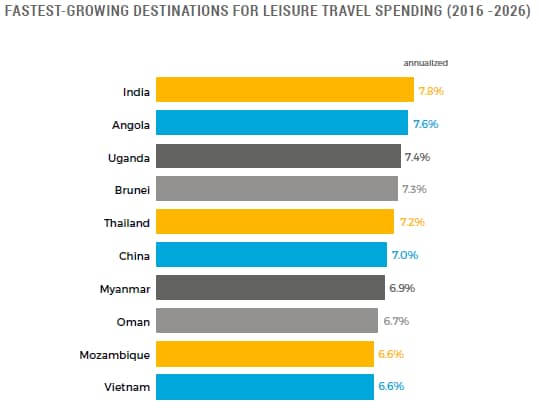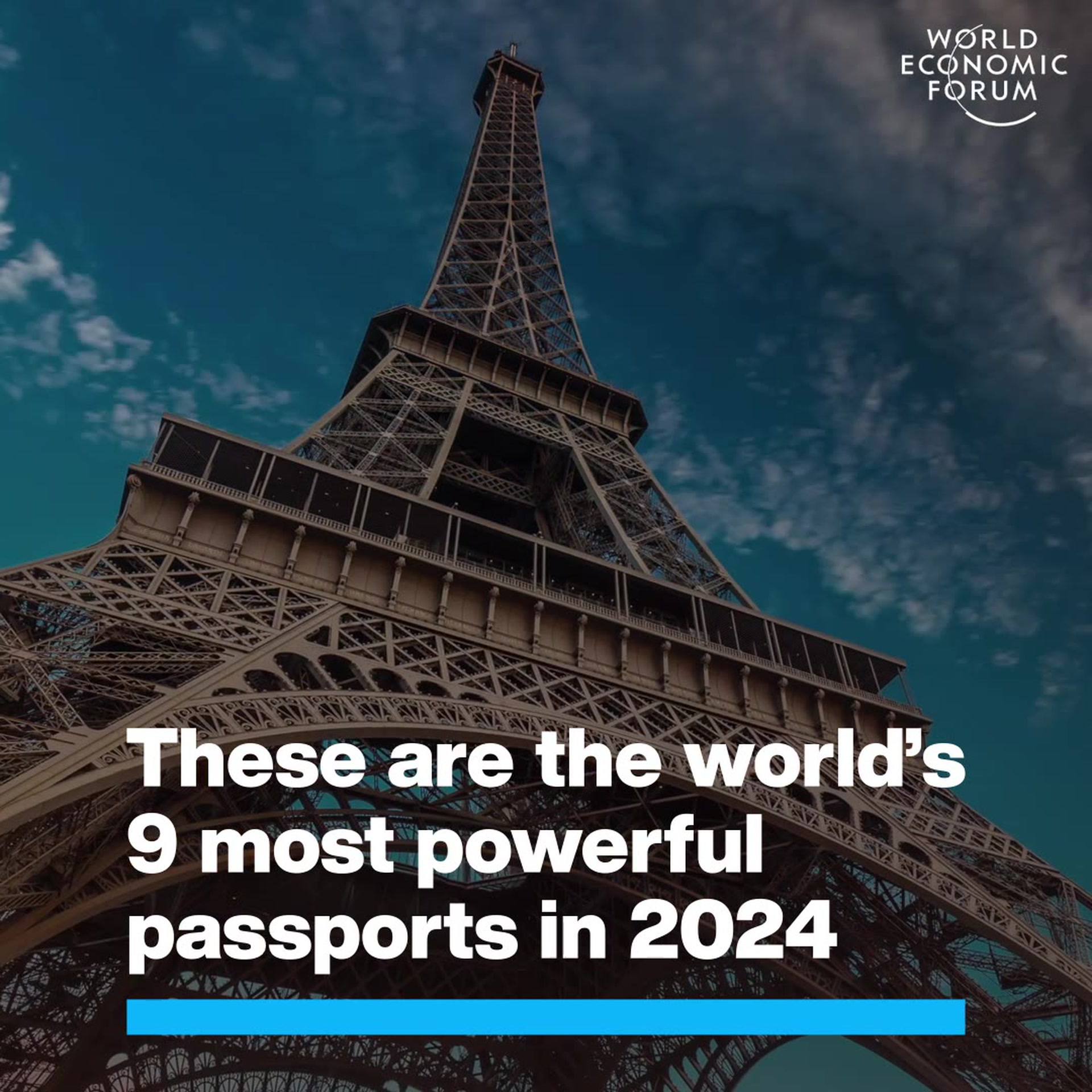What will travel look like in 2030?

Image: REUTERS/Stringer

Get involved with our crowdsourced digital platform to deliver impact at scale
Stay up to date:
Travel and Tourism
The travel and tourism industry has grown dramatically in the past decades, reaching nearly 1.2 billion international arrivals in 2015, compared to 25 million in 1950. That’s a growth of 4,700% – and this number is only expected to get bigger, reaching 1.8 billion international arrivals by 2030. You might be surprised, but it’s one of the fastest growing economic sectors in the world.
While historically, travel was a luxury only offered to those wealthy enough to afford it, the lowering of travel barriers and falling real travel costs have led to the flourishing of the travel and tourism industry. These factors, combined with the growth of disposal income, the growth of the middle class in many growth markets, and changing attitudes of people towards travel, have enabled the surge of international travel.
But as we look ahead, who will be travelling in 2030?

It is clear that the big winners will be Africa (157% increase), the Middle East (125% increase) and Asia-Pacific (87%). While Europe and the Americas are expected to continue growing, their rate is incomparable to the other regions.
Not only will emerging destinations become larger source markets, but they will also become more attractive destinations.
Looking at it from a different angle, which countries will be the fastest growing destinations for leisure travel spending between 2016 and 2026?

While you may not have been to any of these destinations yet, you might want to start exploring some of them.
Still, a person’s country of origin is not the only way to describe them. Amadeus undertook a great study, categorizing people into six traveller tribes on the basis of their motivations for travel rather than on geography.

What do these “travel personalities” mean?
- Simplicity searchers prioritize ease as they plan and experience their travels. They are happy to have a trusted third party make decisions to avoid hassle.
- Cultural purists are travellers who want to disconnect from their day-to-day lives, and immerse themselves completely in the local culture.
- Social capital seekers are digitally connected individuals who will make decisions to maximize social reward. They realize the value of travel to those around them. They want to be seen and will share their experiences on social media.
- Reward hunters will use travel to “treat” themselves to what they don’t have in their day-to-day lives. They might focus on a mix of luxury, self-improvement and health.
- Obligation meeters make their travel decision based on a duty. They may have to go to a wedding, on a family trip, a religious holiday or a business trip, for instance.
- Ethical travellers will allow their beliefs and conscience guide their travel decisions. This could be linked to environmental, political or even social issues.
Reading these descriptions, you probably realize that these groups are not mutually exclusive – and that there are many other ways of “dissecting” the future traveller. For instance, are you a baby boomer or a millennial?
We are all interesting combinations of this traveller of the future. Today, I am a European, millennial reward hunter.
Which combination are you?
Don't miss any update on this topic
Create a free account and access your personalized content collection with our latest publications and analyses.
License and Republishing
World Economic Forum articles may be republished in accordance with the Creative Commons Attribution-NonCommercial-NoDerivatives 4.0 International Public License, and in accordance with our Terms of Use.
The views expressed in this article are those of the author alone and not the World Economic Forum.
The Agenda Weekly
A weekly update of the most important issues driving the global agenda
You can unsubscribe at any time using the link in our emails. For more details, review our privacy policy.
More on Travel and TourismSee all
Naoko Tochibayashi and Naoko Kutty
March 28, 2024
Abeer Al Akel and Maimunah Mohd Sharif
February 15, 2024
Priya Singh
February 8, 2024
Thea de Gallier
January 31, 2024






